manitoba Food Safety Regulations
Food Safety Regulations in Manitoba
All restaurants, food service establishments and food businesses in Manitoba must be aware of the province's food safety regulations, which set the standards which must be followed by all food businesses in Manitoba. These regulations outline the powers of the ministry and health inspectors, lay the groundwork for the minimum food safety expectations which are expected of every business in Manitoba, and define the penalties which can be given to businesses found to be in violation of Manitoba food safety laws and regulations.
Manitoba food safety laws
Every food establishment, producer, distributor, and manufacturer in Manitoba is expected to follow a number of food safety laws and regulations set by the government of Manitoba. There are four main Acts which set the standards for all food businesses in the province, setting regulations for food handling establishments, water supplies, dairy products and farms, livestock products including poultry and honey, and game production farms. These regulations include:
The Public Health Act C.C.S.M. c. P210, including:
- Food and Food Handling Establishments Regulation
- Water Supplies Regulation
The Dairy Act C.C.S.M. c. D10, including:
- Dairy Regulation
- Dairy Farms Regulation
The Livestock and Livestock Products Act C.C.S.M. c. L170, including:
- Honey Regulation
- Poultry Products Regulation
- On-Farm Food Safety Regulation
- Safe Livestock and Livestock Products Regulation
Food and Food Handling Establishments Regulation
The Public Health Act legislates all food and food handling establishments in Manitoba, setting the minimum standards which must be met and maintained by operators. The most relevant section of the Public Health Act for food service operators is the Food and Food Handling Establishments Regulation, which lays out the requirement for all establishments to obtain proper registration, permits, and licences in order to operate on a permanent or temporary basis. These permits can be suspended by health inspectors if the establishment is found to be in violation of the Regulation.
The Regulation requires that all food businesses in Manitoba cannot sell, display or serve any food that is contaminated, unfit for human consumption, or consists of rotten, decomposed, insanitary or putrid substances. Food must be properly stored in order to protect it from possible exposure to contaminants or foodborne bacteria, food containers must be used properly to raise food off the floor, and proper food dispensing utensils must be used by all food handlers when storing or serving food. Temperature control and the maintenance of food equipment and utensils are also covered.
Food businesses will find that the Regulation also outlines what food businesses are to do in order to avoid and prevent the entry of any pests and what is to be done with garbage and refuse. It also states that no live animals can enter or remain on premises with the exception of guide dogs or edible fish and seafood.
Change rooms, locker rooms, and the general maintenance and sanitation of food businesses are also covered by the Regulation, requiring that all operators keep the establishment clean, in good repair, and provide personnel with adequate facilities for storage of personal belongings. It also lays out requirements for the basic hygiene of personnel, including regular hand washing, consumption of food in non-contaminated areas, and the need for staff members to not work in a food handling establishment when infected with a communicable disease.
Food business operators must ensure that all utensils and equipment are properly cleaned and sanitized using specific methods, that proper lighting is installed, that all rooms are properly ventilated, and that no hazardous products are stored in areas where food is stored, and that all hazardous products must be stored with proper identification.
Water Supplies Regulation
Also falling under the Public Health Act, the Water Supplies Regulation requires all food handling establishments to use water only from the source provided and controlled by their local authority, unless approval is given by the medical officer or health or by the minister of health. Water cannot be sold by establishments for domestic purposes without written permission, and any wells constructed for domestic purposes must be located, constructed and maintained to prevent water contamination. The Regulation also describes what must be done with defective, improper or unsatisfactory water wells, how water supply is to be disinfected, and how water for the public is to be supplied and stored.
Regulations under the Dairy Act
Manitoba’s Dairy Act legislates all dairy farms and dairy processors, ensuring that only high quality dairy products are produced within the province. The Dairy Regulation sets requirements for grades and compositional standards of all dairy products including cheese, butter, frozen dairy, condensed milk, dry milk, and standard milk. Any milk or dairy products which do not meet compositional standards set by the Manitoba government are in violation of the Dairy Regulation and cannot sell these products. All products must be properly packaged and clearly labelled, and bovine milk must be sold in specific container sizes.
The Dairy Farms Regulation states that all dairy farms must be registered with the province of Manitoba, and must conform to the requirements set out by the Regulation. The Regulation discusses requirements for equipment and systems on dairy farms, how to prevent contamination, which acceptable milking procedures can be used, prohibited animals, how to store dairy products and supplies, and the general maintenance and sanitation of dairy farm equipment.
Regulations under the Livestock and Livestock Products Act
Manitoba’s Livestock and Livestock Products Act was drafted to legislate all animal operations within the province, containing four main Regulations. The Honey Regulation sets the minimum standards for honey products intended for sale. The Poultry Products Regulation outlines the licencing required by all producers and retailers of poultry products, requirements for the sale of poultry products, the powers of health inspectors with regards to unacceptable poultry products or businesses which are in violation of the Regulation, and the responsibilities of egg stations and those who ship or deliver eggs to egg stations.
The On-Farm Food Safety Regulation requires that all on-farm food safety programs are based on the Hazard Analysis Critical Control Point (HACCP), are implemented in a manner consistent with HACCP guidelines, or meet and exceed requirements set out by the Regulation. It also lays out requirements needed to become an auditing organization, the basic qualifications of auditors, duties of auditors, and the powers and duties of inspectors.
Finally, the Safe Livestock and Livestock Products Regulation outlines the standards which must be met to ensure livestock product safety, requiring written authorization from the director in order to ship or allow shipment of contaminated or potentially contaminated livestock products, transport or allow the transport of contaminated livestock, raise or keep contaminated livestock, expose or allow exposure to hazards or contaminants.
Under the Regulation, all food safety hazards must be reported, and the director may at any time order testing, identification, and post mortem testing of livestock, and has the power to cease movement of livestock, seize livestock, and order the immediate seizure and detention of anything in or at a production unit based on reasonable grounds that the Regulation has been violated.
Food handler certification requirements in the city of Winnipeg
In addition to the regulations and acts enacted by the province of Manitoba, all Winnipeg restaurants and food businesses must adhere to the city’s Food Safety By-Law. The By-Law outlines permits needed in order to operate a food business in Winnipeg, requirements for the storage of food supplies and where it should be obtained, how food can be protected from contaminants and hazards, refrigerated and hot storage, food preparation standards, transportation of food products, the hygiene and responsibilities of food handlers, and more.
Perhaps the most important part of the Winnipeg Food Safety By-Law is Section 5, which not only states that a valid permit from the Public Health Inspector is required to operate a food business, but that no person may operate a food service establishment without successfully completing the Certified Food Handler Training Program, and that when there are five or more food handlers on premises at any given time, at least one certified food handler must be present during all working hours. The on duty person in charge must also post their Food Handler Training Program Certificate in a prominent place within the establishment.
FoodSafetyMarket is an approved private contractor associated with the Manitoba Health Food Handler Certification Program. Our Managing Food Safety online food handler training program meets the requirements laid out by the Winnipeg Food Safety By-Law, allowing your restaurant to ensure that food handlers achieve certification with our engaging and interactive program.
While the province of Manitoba does not currently mandate food handler certification for food service establishments, it’s likely that the government will eventually follow the moves made by other provinces and require food handler certification for at least some personnel. Managing Food Safety is the easiest, most engaging way to become a certified food handler, offering a flexible and fully customizable food safety training perfect for any member of your team.
To find out more about how FoodSafetyMarket can make your business compliant with the provincial regulations, learn about our training solutions for businesses and individual food handlers.
get in touch
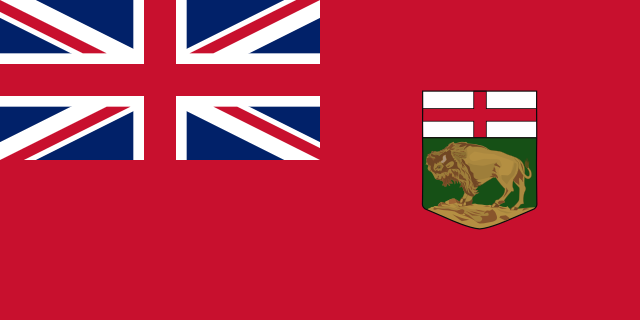
Manitoba: Food safety Legislation
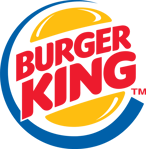

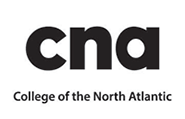
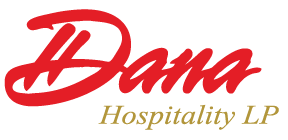

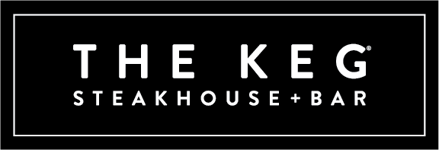
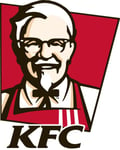
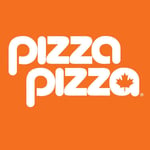
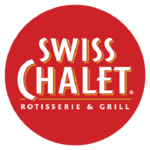
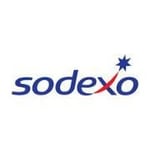

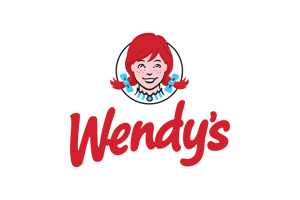

.png?width=800&height=240&name=Business%20MFS%20Banner%20(2).png)
.png?width=800&height=240&name=Individual%20Food%20Handler%20Banner%20(1).png)